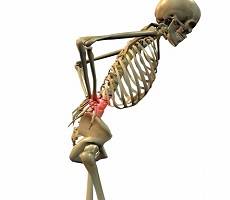April 9, 2014
Local Government is lagging behind in its use of digital technology
A new report claims that the UK’s local authorities are not only lagging behind the rest of the world in their use of digital technology but in some areas their development has stalled completely, despite significant investment. The report, Smart People, Smart Places from the New Local Government Network claims that ‘whilst there is much good practice emerging, councils sometimes struggle to fully unlock the benefits of technologies that they do invest in [because] they are often uncomfortable, and risk averse.’ While it acknowledges that the problem does not apply to every council, with some showing exemplary thinking in certain areas, it also paints a general picture of organisations unable and unwilling to make the most of the technology in which they invest, lacking vision and leadership and intimidated by change.























March 25, 2014
The workplace should be designed for (and by) people, not robots
by Simon Heath • Comment, Facilities management, Technology, Workplace design
(more…)